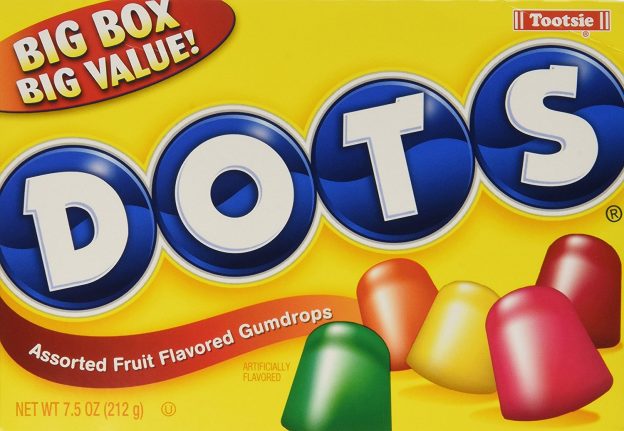General Information about Item:
- Customary folklore, tradition
- Language: English
- Country of Origin: United States
- Informant: Timothy Green
- Date Collected: 2-26-18
Informant Data:
- Timothy Green was born in Ocala, Florida on December 27, 1997. According to Timothy, his family is not at al musically talented, as he was the first in his family to play a musical instrument. Since no one in the family has played any musical instruments, they had to hire a cello teacher for Timothy at a young age. Currently, Timothy is a sophomore at Dartmouth College. At school, Timothy enjoys going to Dartmouth Symphonic Orchestra (DSO) concerts. He plans on majoring in government and psychology.
Contextual Data:
- Cultural Context: Within any group of students/peers/friends, there is always some sort of “culture.” Going off of this idea, there is definitely a strong culture within any cello section. And like any culture, everybody in the cello section is aware of how they all became cellists. They went through rigorous training methods that only they could identify and understand. Cellists go through years of training under a teacher in order to be able to play in orchestras.
- Social Context: This item was mentioned when I asked Timothy about any rituals or traditions that a cello section could be a part of. At first, he had a hard time coming up with these items, as he was unsure whether the item he had in mind was actually an item that could be used for this project. During the interview, Timothy noted how he had a cello teacher from a young age, and that most successful cellists he met also had a cello teacher from a young age.
Items:
- The item of folklore that Timothy mentioned during the interview was that there is a ritual where cellists rub rosin on their fingers before playing in order to have friction. And he noted that rituals such as that one are passed down from your cello teachers, so cello teachers are also important in passing down certain rituals and traditions that a cellist performs before a concert/practice.
Associated file (a video, audio, or image file): Cello Rosin
Transcript:
- “I’ve actually rub rosin on my fingers before every time I play the cello, so if I stop and take a break, I will rub rosin again after my break. And I do this both at practice and concerts. But I definitely know some people who only use rosin once during the entire practice or concert.”
Informant’s Comments:
- This is Timothy’s second year at Dartmouth, and although he isn’t part of DSO, he is still part of a symphony orchestra back home.
Collector’s Comments:
- Timothy was easy to interview and seemed very enthusiastic about answering questions regarding, cello’s, orchestra’s, and rituals.
Collector’s Name: Aditya Srivastava
Tags/Keywords:
- Customary lore
- Traditions
- Rituals
- Cello
- Cellists





